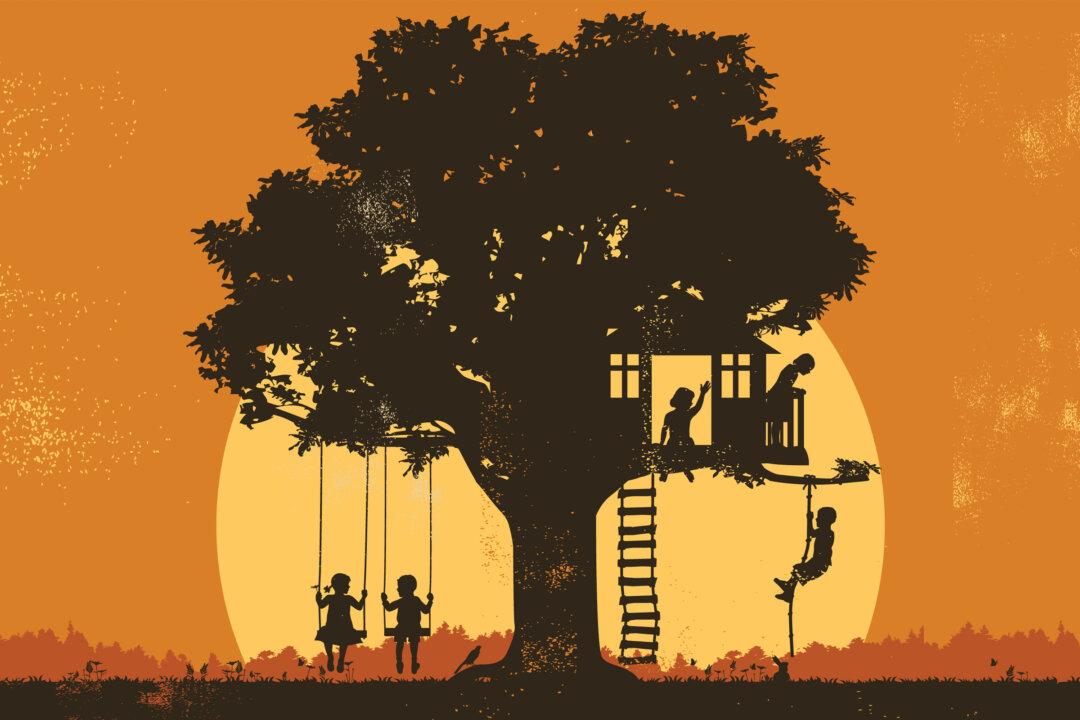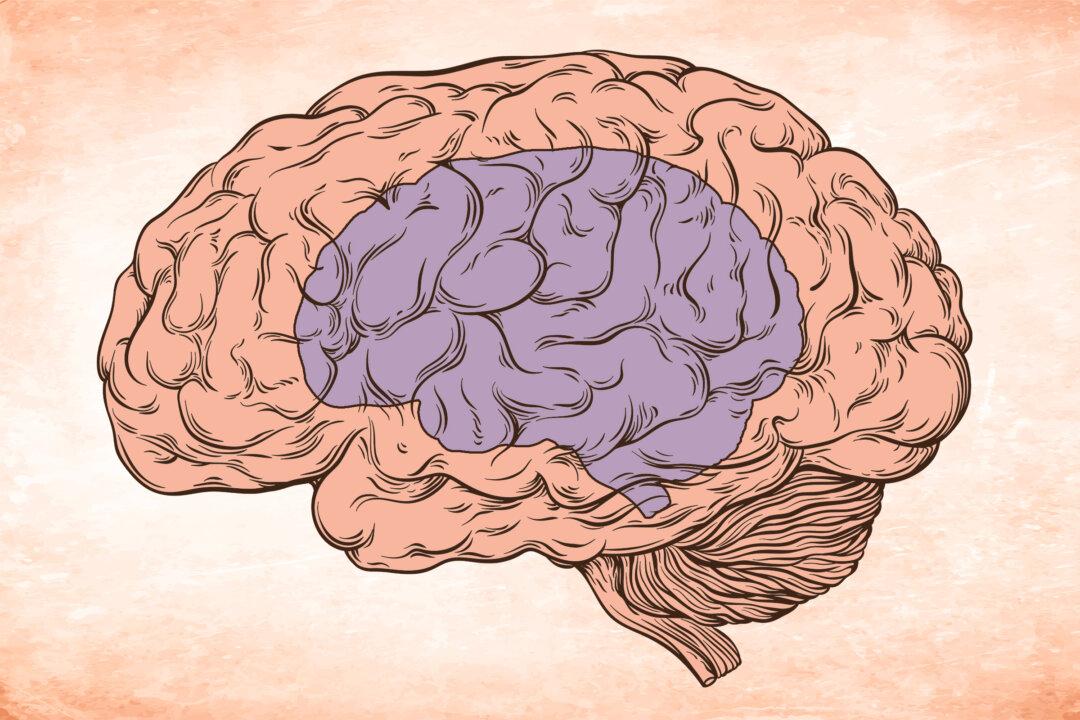OTTAWA, Canada—One year ago Canadian Prime Minister Stephen Harper stood in Canada’s House of Commons and issued a historic apology to Canada’s First Nations people for their suffering in the residential school program. On Thursday, the anniversary of the historic apology was marked with a first ever National Day of Reconciliation. Aboriginal people and others from all walks of life came together on Parliament Hill to mark the occasion.
“The treatment of children in Indian Residential Schools is a sad chapter in our history,” Harper told a special session of Parliament on June 11, 2008. Present was a group of aboriginal guests, many of them former students of the schools.
Harper said the system had a “lasting and damaging impact on aboriginal culture, heritage, and language” and contributed to “social problems that continue today.” Those problems include rampant drug abuse and alcoholism on some of Canada’s most impoverished aboriginal reserves.
“The treatment of children in Indian Residential Schools is a sad chapter in our history,” Harper told a special session of Parliament on June 11, 2008. Present was a group of aboriginal guests, many of them former students of the schools.
Harper said the system had a “lasting and damaging impact on aboriginal culture, heritage, and language” and contributed to “social problems that continue today.” Those problems include rampant drug abuse and alcoholism on some of Canada’s most impoverished aboriginal reserves.
The residential schools, a joint effort between the government and various churches, were put in place when Canada was still a colony of Britain as a means of both educating native youth and forcing assimilation. Most of them closed by the 1970s but some remained until the mid 1990s.
Children in residential schools were separated from their parents and punished for speaking their traditional languages. Numerous reports of physical and sexual abuse emerged, and government reports showed a high instance of death in many schools.
Children in residential schools were separated from their parents and punished for speaking their traditional languages. Numerous reports of physical and sexual abuse emerged, and government reports showed a high instance of death in many schools.
One Year Later
The events on Thursday included traditional dances and speeches from officials in First Nations governments and the Canadian federal government, as well as union leaders.
Phil Fontaine, national chief of the Assembly of First Nations, was the last to speak and emphasized the need for forgiveness for the wrongs done to aboriginal people as well as the need to cooperate with the Canadian government while pushing to improve the lives of Canada’s First Nations.
“We’ve had too much pain and suffering in our lives. We want something better,” he said.
Phil Fontaine, national chief of the Assembly of First Nations, was the last to speak and emphasized the need for forgiveness for the wrongs done to aboriginal people as well as the need to cooperate with the Canadian government while pushing to improve the lives of Canada’s First Nations.
“We’ve had too much pain and suffering in our lives. We want something better,” he said.
Fontaine spoke of suicide rates among First Nations people in Canada—that are among the highest in the world—as a sign that Aboriginal communities are still in great need of help to address poverty and social ills.
“There can be no clearer or more forceful message than that,” he said of the deaths.
But they should not despair, he added, for they are a “beautiful people” and vitally important to Canada’s future. He said First Nations should reach out to Canadians and work harmoniously with the Canadian government.
“There can be no clearer or more forceful message than that,” he said of the deaths.
But they should not despair, he added, for they are a “beautiful people” and vitally important to Canada’s future. He said First Nations should reach out to Canadians and work harmoniously with the Canadian government.
“We are absolutely committed to working together ... in the most respectful manner possible,” he said.
“We owe it to ourselves because we are a kind, generous, and welcoming people.”
He noted that 50 years ago there were only 10 First Nations people in university. “Today there are close to 30,000...That is a remarkable achievement.”
But more had to be done, he said. “That number should be 90,000.”
“We owe it to ourselves because we are a kind, generous, and welcoming people.”
He noted that 50 years ago there were only 10 First Nations people in university. “Today there are close to 30,000...That is a remarkable achievement.”
But more had to be done, he said. “That number should be 90,000.”









Friends Read Free